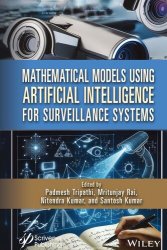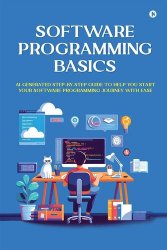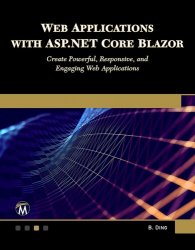- Добавил: literator
- Дата: 14-08-2024, 14:57
- Комментариев: 0
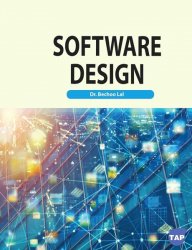 Название: Software Design
Название: Software DesignАвтор: Bechoo Lal
Издательство: Toronto Academic Press
Год: 2024
Страниц: 239
Язык: английский
Формат: pdf (true)
Размер: 37.0 MB
This book is a comprehensive guide to the principles and practices of designing software systems. It covers topics such as software architecture, design patterns, object-oriented design, and software development methodologies. The book is intended for software developers, architects, and project managers who want to learn how to design effective software systems. By following the guidelines provided in this book, readers can create software that is maintainable, scalable, and adaptable to changing requirements. The importance of design in software development cannot be overstated. Software design is complex for a variety of reasons. It is significantly more challenging to teach and learn software design. There have been numerous textbooks created on software design. Most focus on a single program design method, such as object-oriented software development. Few, however, have tackled software design at a higher level of abstraction, such as the methodological level, which is the focus of this subject.

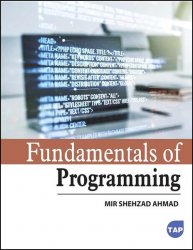
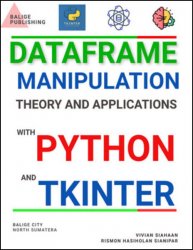
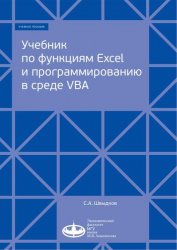
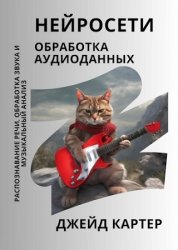

 Название: Pandas for Everyone: Python Data Analysis, Second Edition
Название: Pandas for Everyone: Python Data Analysis, Second Edition